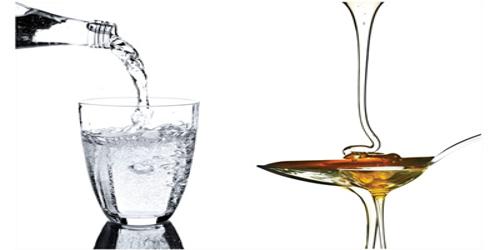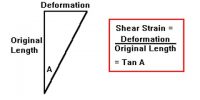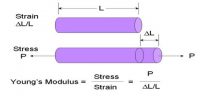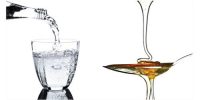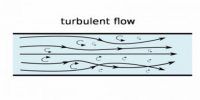Dissimilarities between Friction and Viscosity
Friction is a tenure used to refer to forces that oppose relative motion in general. The property of a fluid for which relative motion between different layers is resisted or retarded is called viscosity. Friction and viscosity refer to forces that oppose the motion.
Dissimilarities are –
(i) Friction depends only on the nature of the surfaces whereas viscosity depends on the nature of the surfaces as well as on the relative motion of the surfaces.
(ii) Dynamic coefficient of friction is independent of relative velocity of the surfaces in contact. But coefficient of viscosity depends on the relative velocity.
(iii) Due to the change of normal reaction force no change in friction takes place. Normally, viscosity increases due to application of pressure.
(iv) Friction is used to refer to forces that resist relative motion, in general, whereas viscosity refers particularly to resistive forces that occur between layers of a fluid when fluids endeavor to flow.
(v) Viscosity of liquid reduce with enhance in temperature, Where as friction independent of temperature.
(vi) Viscous force depends on the velocity gradient and area of contact and frictional force independent of area of contact and relative velocity.
(vi) Dynamic and static conditions are defined independently for dry friction. For viscosity, there is no static condition because liquid molecules are always mobile.
